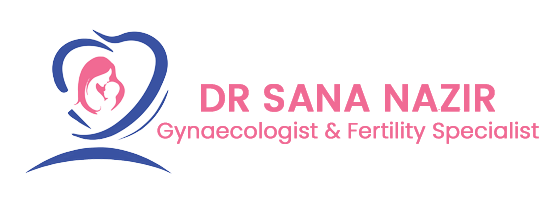It is one of the incredibly most common conditions encountered in gynecologic patients. According to the report, Endometriosis effect 6% of Pakistani women. It is common among women in their 30s to 40s and makes it hard for them to conceive. Endometriosis happens when tissues similar to the lining of the uterus grow outside of the uterine cavity known as an endometrial implant. The changes in hormones due to the menstrual cycle, misplaced the endometrial tissues and cause the patient inflammation and pain in the uterine cavity.
Symptoms:
The symptoms of endomitosis can vary from person to person and also some of them are unnoticed.
- Back pain and severe cramps during the menstrual cycle.
- Abnormal or heavy bleeding
- Presence of blood in stool and urine.
- Diarrhea or constipation
- Painful sexual intercourse
- Infertility
Causes:
Gynecologist specialist is unable to detect the actual reason for the endomitosis but it has been shown that some of the tissues during menstruation back up through fallopian tubes into the abdomen, a sort of reverse menstruation where it attaches and grows. Direct transplantation and traveling of endometrial tissues and implants via blood or lymphatic channels are other reasons.
The genetic history of a person could also have endomitosis. It can be diagnosed through a Pelvic exam, Biopsy, and laparoscopy.it can be treated through hormone therapy. Confer to your doctor if you have relevant or suspected symptoms.



